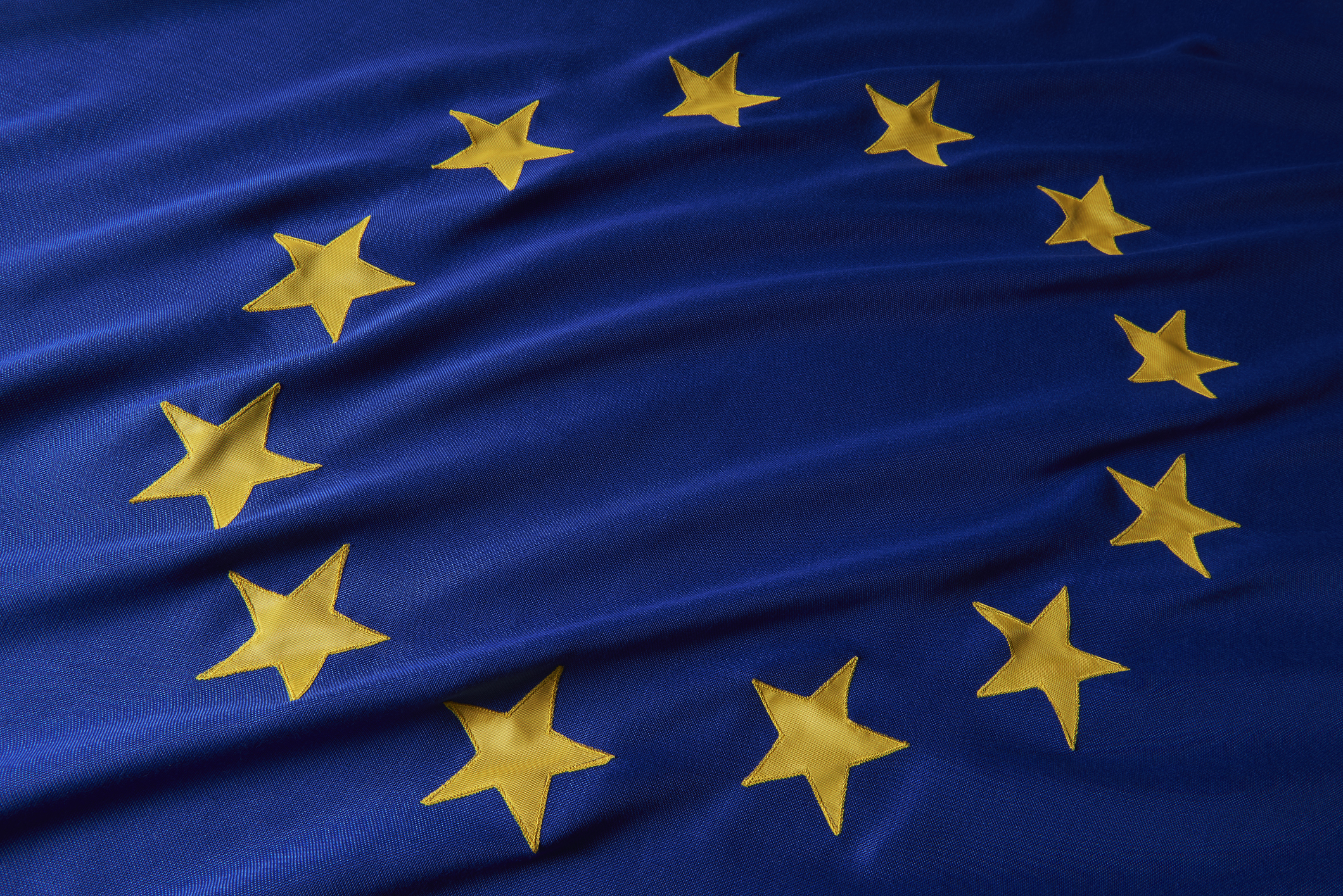Yahoo lobbies EU over data privacy
Leaked document sets out Yahoo proposals for rules governing use of pseudonymous data.


Leaked documents purport to show Yahoo lobbying Brussels for different rules for "pseudonymous" data that would not afford it the same level of protection that non-anonymous information enjoys.
Pseudonymous data is information about people that does not directly identify them, but can be used by advertisers to target products and services at them.
In the document, Yahoo is said to want the EU to include a section in its Data Protection Regulations outlining different types of data and which rules apply to them.
At Yahoo we take privacy very seriously and have consistently prioritised transparency.
The draft laws are currently being debated by Brussels and Yahoo reportedly wants an alteration so that "in the context of pseudonymous data, legitimate interests rather than contract or explicit consent is the best-adapted legal basis for processing of this class of data."
An alternative recommendation would be the introduction of a sub-article establishing lawfulness where "processing is undertaken using data that are not identifiable to a person, or are rendered anonymous in such a way that the data subject is no longer identifiable by the data controller, accounting for all means likely reasonably to be used by the controller to identify the individual," the document states.
In a statement, Yahoo said: "At Yahoo we take privacy very seriously and have consistently prioritised transparency and choice for users on our website."
The European Digital Rights Group said the European Parliament had adopted a badly drafted opinion on data protection.
Get the ITPro daily newsletter
Sign up today and you will receive a free copy of our Future Focus 2025 report - the leading guidance on AI, cybersecurity and other IT challenges as per 700+ senior executives
"The effect of the adopted text would be to effectively rip up decades of privacy legislation in Europe, undermining trust and confidence to the detriment of both citizens and business," the group said.
But Joe McNamee, executive director of the European Digital Rights Group, said there were positives to be drawn out of this result.
"The majority was not huge and the number of bad amendments was reduced over the past few days, in order to scrape this majority together. It is becoming increasingly difficult in the Parliament to find majorities for measures which are destructive to citizens' rights," he said.
Rene Millman is a freelance writer and broadcaster who covers cybersecurity, AI, IoT, and the cloud. He also works as a contributing analyst at GigaOm and has previously worked as an analyst for Gartner covering the infrastructure market. He has made numerous television appearances to give his views and expertise on technology trends and companies that affect and shape our lives. You can follow Rene Millman on Twitter.
-
 Bigger salaries, more burnout: Is the CISO role in crisis?
Bigger salaries, more burnout: Is the CISO role in crisis?In-depth CISOs are more stressed than ever before – but why is this and what can be done?
By Kate O'Flaherty Published
-
 Cheap cyber crime kits can be bought on the dark web for less than $25
Cheap cyber crime kits can be bought on the dark web for less than $25News Research from NordVPN shows phishing kits are now widely available on the dark web and via messaging apps like Telegram, and are often selling for less than $25.
By Emma Woollacott Published
-
 Forcing Apple to allow alternative app stores might cause major security risks
Forcing Apple to allow alternative app stores might cause major security risksAnalysis Apple will be forced to allow third-party marketplaces on its devices, but some experts have raised serious security concerns
By Solomon Klappholz Published
-
 Why bolstering your security capabilities is critical ahead of NIS2
Why bolstering your security capabilities is critical ahead of NIS2NIS2 regulations will bolster cyber resilience in key industries as well as improving multi-agency responses to data breaches
By ITPro Published
-
 New EU vulnerability disclosure rules deemed an "unnecessary risk"
New EU vulnerability disclosure rules deemed an "unnecessary risk"News The vulnerability disclosure rules in the Cyber Resilience Act could also cause a “chilling effect” on security researchers
By Ross Kelly Published
-
 Are you ready for NIS2?
Are you ready for NIS2?WEBINAR Find out what you should be doing to prepare for the EU’s latest data protection regulation and UK equivalent with our free webinar
By ITPro Published
-
 EU regulators are digging their heels in despite big tech’s Data Act pushback
EU regulators are digging their heels in despite big tech’s Data Act pushbackAnalysis EU regulators are no strangers to big tech regulatory push back, so why do companies still persist?
By Ross Kelly Published
-
 Microsoft's EU Data Boundary will begin staggered rollout in January 2023
Microsoft's EU Data Boundary will begin staggered rollout in January 2023News Public sector and commercial customers will be the first to benefit when the rollout begins on 1 January across all of Microsoft's core services
By Ross Kelly Published
-
 EU watchdog fights against rules permitting Europol's ‘unlawful’ data practices
EU watchdog fights against rules permitting Europol's ‘unlawful’ data practicesNews The pushback follows allegations that Europol was allowed to write its own rules when it came to handling sensitive data
By Connor Jones Published
-
 EU to introduce strict IoT security regulation
EU to introduce strict IoT security regulationNews Manufacturers will be required to assess all risks, and notify the EU of issues within 24hrs
By Rory Bathgate Published